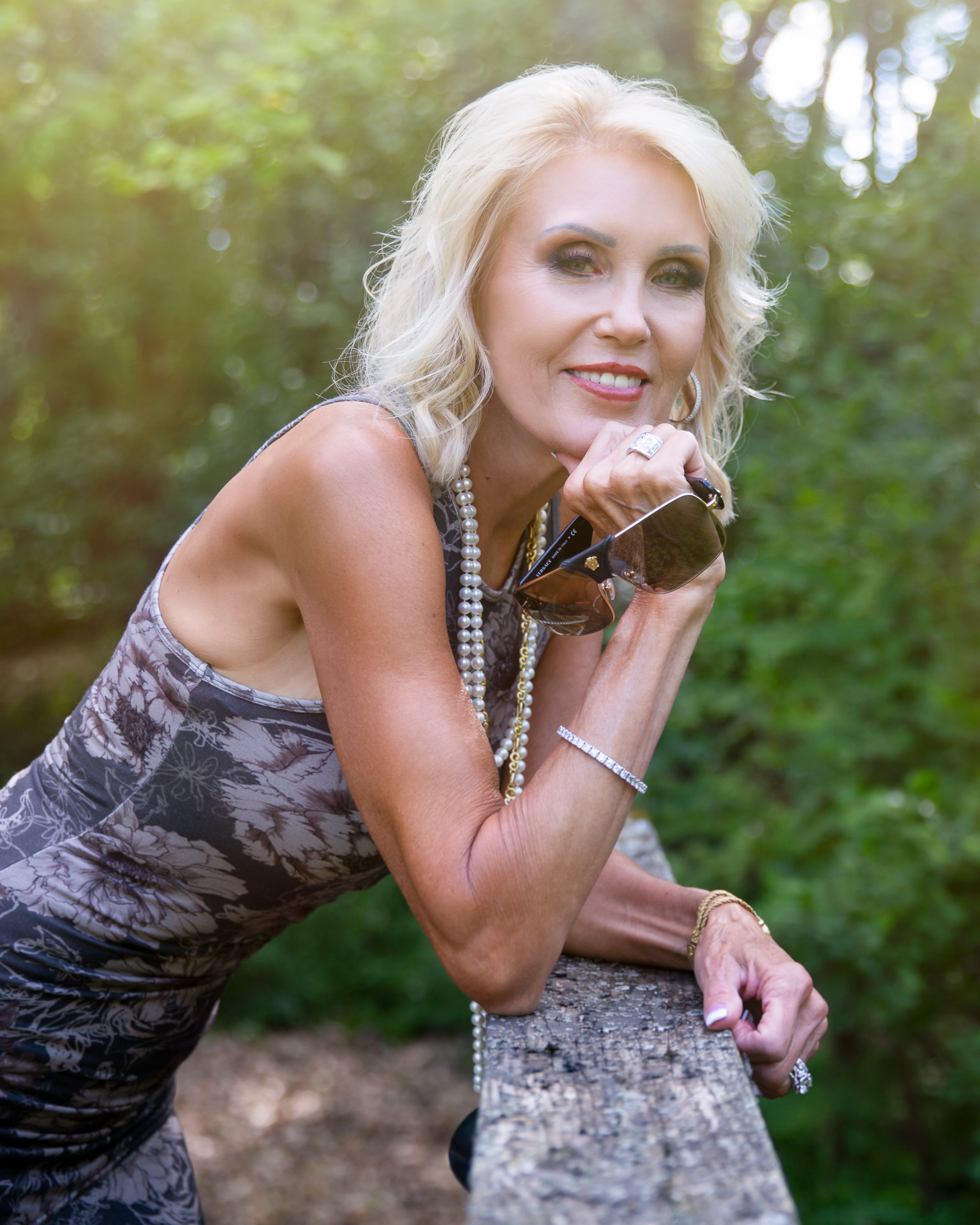What an incredibly rare and beautiful natural resource God has bestowed upon us…Natural Diamonds!
There are resources for me as a diamond broker and you as a consumer to work with mining companies, diamond sight holders, cutters, and distributors who share the philosophy and practice of providing ethically and sustainably sourced diamonds. Our industry has come a long way in ensuring the entire process is documentable. When I am vetting a diamond source, it’s important for me to know that their mining practices do not adversely affect the communities, animal species, and habits. I want to make they actually protect and enhance the entire impacted area.
Here are some things I look for as a Private Gemologist and diamond broker when seeking natural diamonds from ethical and sustainable sources:
- Look for certifications: Several certifications help me identify diamonds that are ethically and sustainably sourced, including the Kimberley Process Certification Scheme, the Responsible Jewellery Council, and the Fairtrade Gold Standard.
- Choose recycled and estate diamonds: It’s fun to source diamonds that have been previously mined and set in jewelry that can be repurposed. Choosing recycled diamonds reduces the demand for new diamond mining and helps minimize the diamond industry’s environmental impact.
- Research the company: I always research the company I’m sourcing from before purchasing. I look for information on their ethical and sustainable practices and ensure they have a transparent supply chain and are willing to document it. If a company is unwilling to disclose information about its diamond sourcing, I simply avoid them.
- Consider lab-grown diamonds: Many of my clients are embracing lab-grown diamonds, an ethical and sustainable alternative to natural diamonds. They are created in a lab using advanced technology and have the same chemical and physical properties as natural diamonds. They can be more affordable than natural diamonds, making them a great option for those on a budget.
- Hire a private gemologist like me to help find the perfect diamond. I have over 30 years of experience in the jewelry industry, have traveled worldwide to source my diamonds, and only work with the best diamond cutters who ensure ethically and sustainably sourced gems.
Remember, we all have the power to make a difference in the diamond industry by choosing wisely and helping promote a more ethical and sustainable future.
What is Kimberley Process Certification Scheme
The Kimberley Process Certification Scheme (KPCS) is an international initiative established in 2003 to prevent the trade of conflict diamonds, which are also known as blood diamonds. Conflict diamonds are rough diamonds sourced from areas controlled by rebel groups and used to fund armed conflicts against governments.
The KPCS aims to prevent the trade of conflict diamonds by implementing a certification process that tracks the movement of rough diamonds from their origin to their final destination. Participants in the KPCS must adhere to strict regulations and guidelines to ensure the integrity of the diamond trade. The KPCS has successfully reduced the trade of conflict diamonds and improved the standards of the diamond industry.
What is the Responsible Jewellery Council
The Responsible Jewellery Council (RJC) is an international organization that promotes responsible business practices in the jewelry industry. It was founded in 2005 by a group of jewelry companies, non-governmental organizations, and other stakeholders who wanted to create a standard for ethical, social, and environmental practices in the jewelry supply chain. The RJC’s mission is to promote responsible business practices and sustainability throughout the jewelry supply chain, from mining to retail.
The RJC has developed a set of standards that companies must meet to become certified members. These standards cover a range of issues, including human rights, labor rights, environmental impact, and product disclosure. Companies must undergo an independent audit to ensure they meet these standards before becoming RJC certified.
The RJC also provides support and resources to help companies improve their practices and meet the RJC standards. This includes training programs, workshops, and guidance documents. Certified members must undergo regular audits to ensure they continue to meet the RJC standards.
The RJC works with various stakeholders, including governments, NGOs, and other industry organizations, to promote responsible practices and sustainability in the jewelry industry. It also collaborates with other certification programs and initiatives to ensure that there is a consistent approach to responsible business practices across different industries and sectors.
What is the Fairtrade Gold Standard
The Fairtrade Gold Standard is a certification system that ensures that small-scale and artisanal gold miners receive fair prices for their gold while promoting responsible mining practices that protect the environment and workers’ rights.
The Fairtrade International organization maintains the Fairtrade Gold Standard, which sets the standards for Fairtrade certification and monitors compliance with those standards. To be certified as Fairtrade Gold, a mining organization must meet strict criteria related to labor practices, environmental sustainability, and economic development.
One of the key principles of the Fairtrade Gold Standard is the payment of a fair price for gold. This means that miners receive a minimum price for their gold that covers their production costs and provides them with a decent standard of living. In addition, Fairtrade-certified mining organizations receive a premium on top of the market price of gold, which they can use to invest in community development projects.
Another important aspect of the Fairtrade Gold Standard is the promotion of responsible mining practices. Fairtrade-certified mining organizations must meet strict environmental and social criteria, such as minimizing the use of toxic chemicals and protecting workers’ rights. They must also provide safe and healthy working conditions and ensure that mining activities do not harm local communities or the environment.
I invite you to book an appointment with me or Contact me today to learn more about how to purchase ethically sourced diamonds! I often meet with my clients in person or via a Zoom conference call online.


